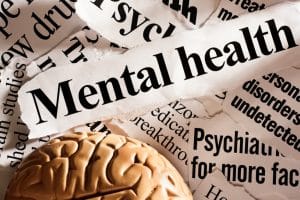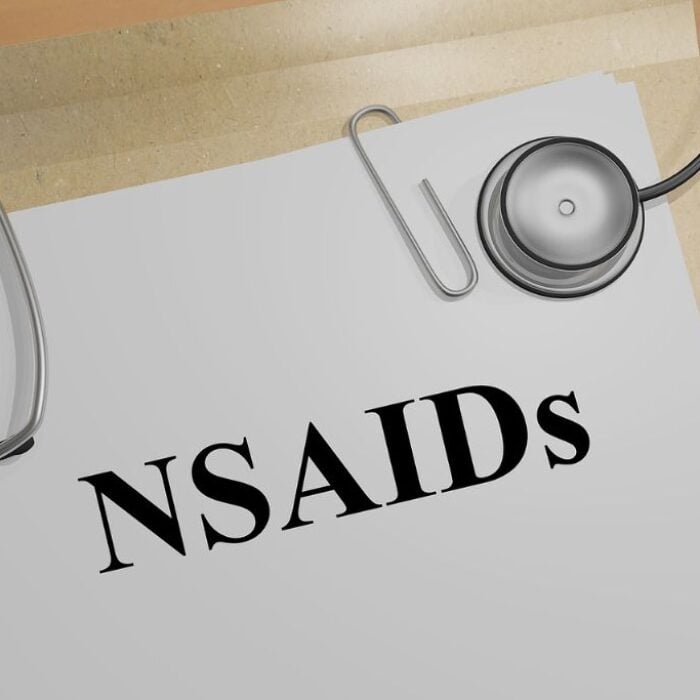In order to find a solution to opioid use disorder, we need to also understand the relationship between opioid abuse and mental illness.
In the fight against the opioid epidemic, the most powerful weapon is understanding. The better we recognize the humanity of opioid users, the easier it is to uncover the root causes of addiction. This, in turn, lets us craft effective treatment programs that help patients find real relief from an often-destructive condition.
Opioid abuse has received a lot of attention as a result of physical injury, but mental health issues are also frequently the cause. Many opioid abusers begin using drugs to medicate anxiety, depression, and other psychological disorders, often without clearly understanding what they are suffering from. Even those who do not start using opioids for emotional reasons may still develop mental health issues as a consequence of their addiction. Physical and emotional issues must be treated in tandem. Effective opioid treatment thus requires overcoming the stigma of mental illness and providing consistent support for those with psychological problems. The first line of defense is understanding opioid abuse and mental illness.
Spotlight on Self-Medication
Self-medication occurs when an individual uses a substance to treat themselves without the supervision of a professional caregiver. Virtually any drug that has an exogenous impact on the patient can be used in this way. Patients who develop an opioid abuse problem through self-medication are likely to continue using the substance or begin using a similar one until they identify and address the issue they are medicating.
Many of those in opioid detox centers began using drugs in an attempt to medicate negative emotions. This is often a consequence of poor mental health awareness. People who have emotional disorders frequently don’t understand the extent of their condition; they continuously feel unhappy or distressed and are desperate to feel better or find temporary relief. Even those who are aware of their situation may not seek professional help due to the stigma of mental illness. Unable to access professional emotional care, these individuals turn to anything they can find to ease their symptoms, including opioids.
Opioid abuse as a result of mental illness is particularly dangerous because patients often overuse to relieve distress. When someone with a mental health issue takes an opioid for physical pain, it also relieves emotional distress. Therefore it provides an overall sense of wellbeing. They thus come to associate the drug with positive emotions, and may eventually have trouble feeling well without it. This compound the effects of physical dependence, making it especially difficult for them to recover.
Common Mental Health Concerns
Virtually any mental health issue can become a catalyst for substance abuse. Opioid addicts are especially likely to suffer from:
- Generalized Anxiety Disorder– Marked by persistent worrying, an inability to make decisions or relax, and difficulty focusing, this is one of the most common psychological disorders. Opioids have a calming effect, so those with generalized anxiety disorder often use them as a way to stop worrying. Generalized anxiety frequently occurs in tandem with a social anxiety disorder, panic disorder, and other issues. Compounding the severity of the effects, and thus the incentive to self-medicate.
- Clinical Depression– Though often associated with feeling persistently sad, the symptoms of depression vary from irritability to insomnia to disinterest in daily activities. Because many are not aware of the full range of depression symptoms, it is often hard for those suffering from it to recognize that they need professional help; instead, they resort to self-medication.
- Post-Traumatic Stress Disorder (PTSD)– Common among sexual assault victims, veterans, and others who have experienced shocking or terrifying events, PTSD is marked by nightmares, flashbacks, and bouts of severe anxiety. Many who suffer from this disorder try to relieve it with opioids, aggravating the situation over the long run.
- Obsessive-Compulsive Disorder (OCD)– Victims of OCD experience persistent, often irrational fears, and feel compelled to perform specific actions in order to ease those fears. As with other conditions involving fear or anxiety, opioids provide temporary relief at a steep cost.
- Personality Disorders– This term refers to a range of mental health issues involving dysfunctional ways of behaving and thinking, which make it difficult to socialize. The incidence of self-medication depends on the specific type of personality disorder and the fallout from it.
Individualized Treatment
When addressing self-medication for emotional issues, it is important to recognize that no two individuals are the same. Similar conditions may produce wildly different symptoms in two different patients. Additionally, many people suffer from multiple disorders at the same time. It is thus essential to design a treatment program that is specific to each individual’s background, psychological condition, and history of abuse.
Science has come a long way in treating opioid abuse, addiction, and mental illness. New treatment methods will not be effective unless we understand each individual’s unique needs. The opioid crisis can only be solved if we provide those who have emotional disorders the individualized professional assistance. For more information on opioids, addiction, rapid detox, and opiate detoxification options, contact the Waismann Method Treatment Center today.
















